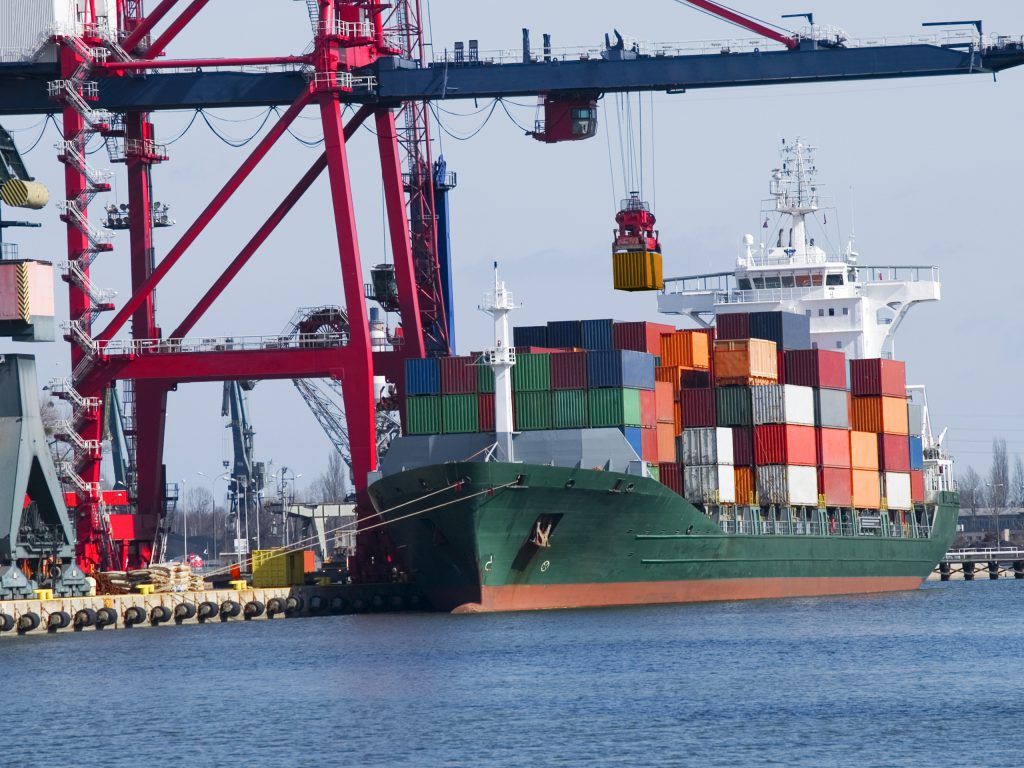Imports of Foreign Waste Subject to Tighter Restrictions in China

China has tightened restrictions on the import of foreign waste, meaning anything crossing the border must now meet stricter impurity thresholds. When waste is imported, it contains recyclable material, but also rubbish which needs to be disposed of.
The disposal of the waste products created in the recycling process is having a detrimental effect on the environment in China, and the new legislation is a response to the country’s worsening pollution levels. The impurity thresholds apply to various kinds of waste, including waste paper, plastics and scrap metals. As such a widely recycled material, the copper market is being particularly affected.
Why import foreign materials?
It may not come as a surprise, but in our increasingly globalised world, countries need to rely on each other for products and materials that they cannot produce themselves, or that it would be costly to do so.
Copper lends itself particularly well for recycling, and some reasons for doing so are as follows:
- Copper is a 100% recyclable material, and the value of scrap copper is 85 to 95% cheaper than the price of a newly mined copper.
- Copper is widely available and can be found widely in many different products. Many buildings contain copper; the average home contains about 400 pounds (180 kg).
- Scrap metal fills supply gaps left by mining processes, acting as a significant price stabiliser.
What could the new impurity restrictions mean?
To meet its need for copper, China currently occupies 27% of the global import market and remains the fastest-growing copper importer in the world.As such, it holds a big impact on the export industry for many countries, including the UK:
- The impurity thresholds have decreased to 1% for non-ferrous metals (including copper) and just 0.5% for paper and ferrous metals.
- In addition to over 1 million tonnes of post-consumer recovered plastic packaging and other papers, the UK currently exports over 6,000 metric tonnes of copper. This is a huge amount of waste leaving the country, and could mean we’ll have to find alternative solutions for getting rid of our waste.
Why does this particularly effect copper?
A major disadvantage for copper recycling is the difficult process of separating copper from old electrical components. Seeing as copper is used extensively in electrical components, maintaining its conductivity is essential.
Copper needs to be almost pure, without surface flaws to ensure it doesn’t break during the production process, or lose its ability to conduct electricity.
As such, the impurities in the copper and any external casing or other materials need to be removed and disposed of. This harmful side-effect of production particularly impacts China, who have to then dispose of any waste that cannot be recycled further.
If you’re looking for an easy in and out drop-off recycling service, you can always count on our friendly and expert team at Hill Metal Recycling. We offer expert services spanning scrap metal, copper, lead, brass, zinc, aluminium, steel and stainless steel recycling along with cable recycling, scrap metal collection and scrap car collection and depollution. We’re open to public, trade and businesses and offer the best scrap prices in Essex. Get in touch today for more information.




